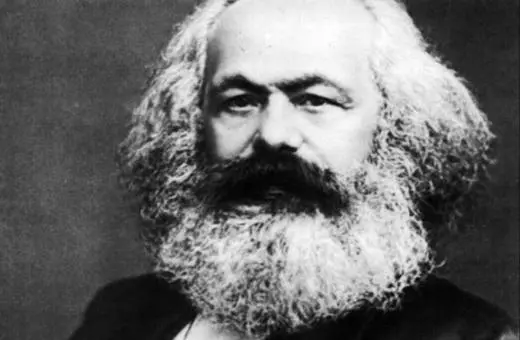A student in my seminar this week asked his classmates to decide whether Gandhi or Donald Trump more closely embodied Nietzsche’s celebrated superman. Unsurprisingly, they plumped for Trump, as the one who made his own values, compelling others to interpret the world in his terms. He is certainly untainted by asceticism or Christian meekness. It is one of the ironies of the present time that the liberal intelligentsia, which has so embraced Nietzsche’s idea that there is no objective truth or reason, is now faced with their dark doppelgänger in Trump and his alternative facts. Arguments about bias, which had formerly been used as critiques of patriarchal or colonial ideas of truth, are now employed by a cheerful misogynist who would like to rid the United States of undesirable immigrants.
How are we to respond? Does the Trump phenomenon reveal a need to return to utopian Enlightenment ideals? Ideals with rationality as the common currency of a universal Oxbridge high table in the sky? Another of the wry paradoxes of our time is that, while physicists in a quantum age have quite an agnostic, provisional and even mystical approach to the nature of reality, biologists are as breezily positivist in their belief in raw facts as they were in the nineteenth century. I recall a distinguished scientist back at the HowTheLightGetsIn Festival in the summer being reluctant to call ideas real at all, since they are non-material.
___
"The liberal intelligentsia is now faced with their dark doppelgänger in Trump and his alternative facts"
___
We can, I believe, chart a middle way between rationalism and pure perspectivism, by returning to the origin of the word, reason (in the Latin ratio, which can mean both understanding, but also measurement or calculation). Instead of reason being a series of ‘facts’ with which one passively concurs, reasoning becomes an activity. For even in scientific experiment, reasoning involves creative acts of imagination and interpretation. In the seventeenth century, the divine Jeremy Taylor described reason in his Ductor Dubitantium as ‘a boxe of Quicksilver … like a dove’s neck, or a changeable Taffata’. As our perspective changes, shot silk may seem a different colour in different lights. And to make sense of our experience of it, we have to take account of its subtlety and alteration of hue. Yet there is, indeed, a piece of material and its colours are not arbitrary or anything we might care to invent. Truth is found in the activity of understanding, as we seek to be faithful to the apprehension of the object. This is an ethical act. One that Simone Weil and Iris Murdoch call ‘attention’, in which one moves out of the self towards the mystery of otherness in the object in love. Each act of reasoning in this model is also aesthetic, in that the act of cognition moves to find a pattern and reveal a form: something of which we can make rational sense.



















Join the conversation